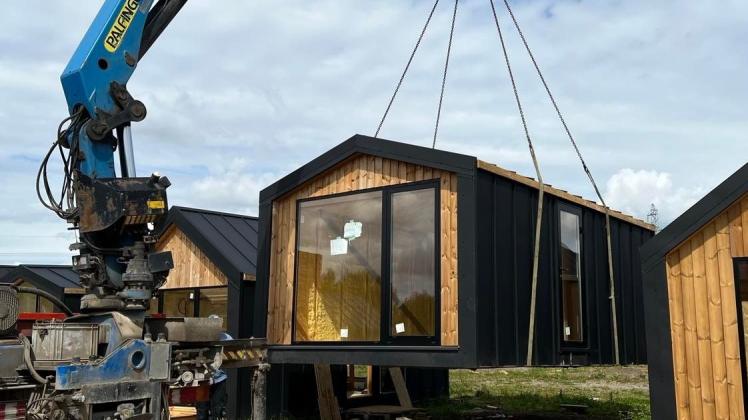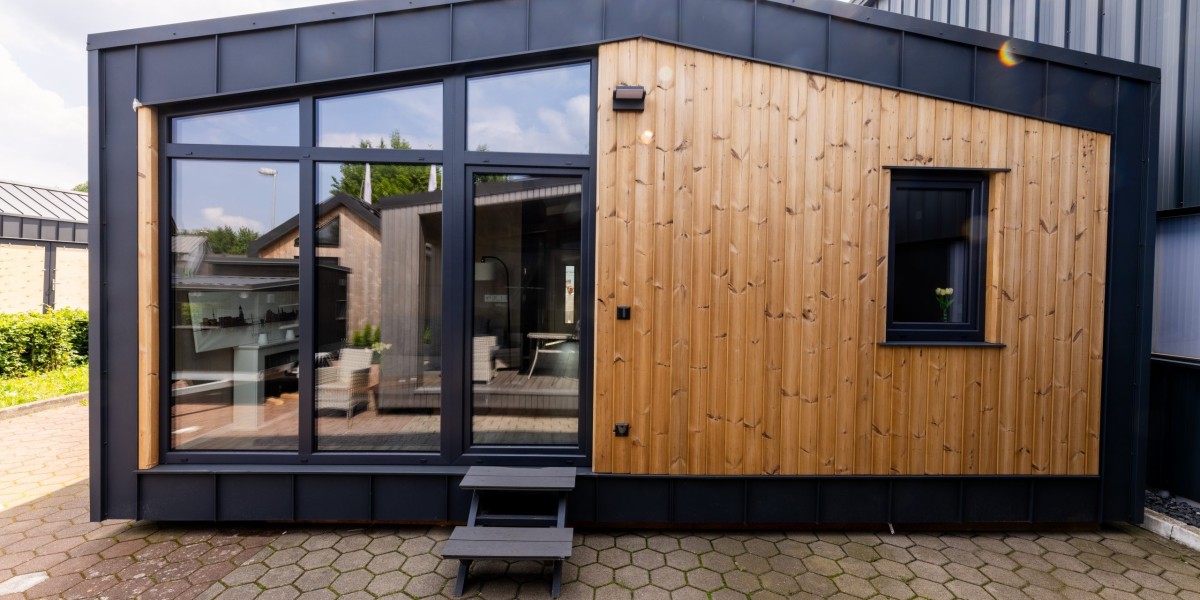These innovative, prefabricated homes offer flexibility, efficiency, and often a more affordable entry point into property ownership. If you are considering buying a house modular in Germany as a foreigner, this guide will walk you through the process step by step.
Understanding Modular Homes in Germany
Modular homes, known as "modularhäuser" in German, are built off-site in factories and then transported to the final location for assembly. They come in various designs and sizes, allowing for a high degree of customization. The primary advantages include reduced construction time, lower costs, and energy efficiency.
For expats or foreigners looking to settle in Germany, these homes present a viable option, especially since they can often be tailored to meet specific needs or preferences.
Researching the German Housing Market
Before diving into the purchasing process, familiarize yourself with the German housing market. Different cities and regions offer varying prices and types of homes. For instance, urban areas such as Berlin or Munich tend to have higher prices compared to rural regions.

Online platforms like Immobilienscout24 or Immowelt provide extensive listings of homes for sale, including modular options. While these sites are primarily in German, many have an English version or can be translated with web tools.
Understanding Legal Requirements for Foreigners
As a foreigner, purchasing a property in Germany is generally straightforward. There are no legal restrictions preventing non-German citizens from buying real estate. However, it is essential to be aware of some legal processes:
Proof of Identity: Foreigners will need to provide valid identification, such as a passport.
Tax Identification Number (Steueridentifikationsnummer): You can apply for this number at your local tax office. This number is necessary for property-related taxation.
Residence Status: Your residency status may influence your financing options. Permanent residents may have an easier time securing a mortgage than temporary residents or those on a blue card.
Notary Services: In Germany, all property transactions must be handled by a notary (Notar), responsible for drafting the purchase contract and ensuring the legality of the transaction.
Finding a Reputable Modular House Manufacturer
To start the process of buying a house modular, you’ll need to find a reputable manufacturer. Companies like Latem Homes — Europe’s leading manufacturer, are known for their high-quality modular homes. When selecting a manufacturer, consider the following:
- Experience and Reputation: Look for companies with positive reviews and a portfolio of successful projects.
- Customization Options: Ensure the manufacturer allows for individual customization to meet your specific needs.
- Customer Support: Responsive customer service is crucial, especially for foreign buyers who may have specific questions or concerns.
Once you’ve chosen a manufacturer, schedule consultations to discuss designs, pricing, and timelines.
Financing Your Modular Home Purchase
In Germany, securing financing for your modular home can differ from other countries. Here are the steps to obtain a mortgage as a foreigner:
Evaluate Your Financial Situation: Understand your budget and what you can afford. This includes the price of the home, additional fees, and costs associated with buying property.
Gather Documentation: Lenders will require various documents, including proof of income, bank statements, and your tax identification number.
Consult with Mortgage Advisors: Many companies, including digital services like Hypofriend, can help compare mortgage options from various banks. They often cater specifically to foreigners and can guide you through the process.
Get Pre-Approved: Consider getting pre-approved for a mortgage before making an offer on a house modular. This will give you a clear understanding of what lenders are willing to offer and show sellers you are a serious buyer.
Choosing the Right Location
Germany offers a variety of appealing locations to purchase a modular home. When selecting a location, consider factors such as:
- Proximity to Work and Amenities: Living close to your workplace and essential amenities like schools, hospitals, and shops is critical.
- Transport Links: Well-connected areas via public transport can greatly improve your living experience.
- Lifestyle Preferences: Whether you prefer the hustle and bustle of a city or the tranquility of the countryside, Germany has options to suit different lifestyles.

The Purchase Process for a Modular House
Once you’ve selected a location and found a modular home, you will enter the purchase process, which typically includes these steps:
Sign a Purchase Agreement: Upon agreement on the price and terms, you’ll sign a purchase agreement (Kaufvertrag) drafted by the notary.
Notary Appointment: Attend the notary appointment, where key steps in the transaction will occur, including reading and signing the contract, and providing a deposit.
Land Registry: The notary will ensure that the purchase is registered in the land registry (Grundbuch), which is essential for establishing your ownership.
Financing Closure: Finalize your mortgage agreement with your selected lender. Ensure all necessary due diligence, such as property inspections, are conducted before closing.
Delivery and Assembly: Once all legal obligations are met, your new modular home will be delivered and assembled at your chosen site.
Conclusion
Buying a house modular in Germany as a foreigner is a feasible and rewarding venture, as long as you are well-informed and prepared. By understanding the legal requirements, choosing the right manufacturer, and securing appropriate financing, you can successfully navigate the German housing market.
With companies like Latem Homes offering bespoke solutions for your modular house needs, you can create a home tailored to your preferences. From urban jungles to serene countryside, the opportunities are vast and welcoming. Happy house hunting!








